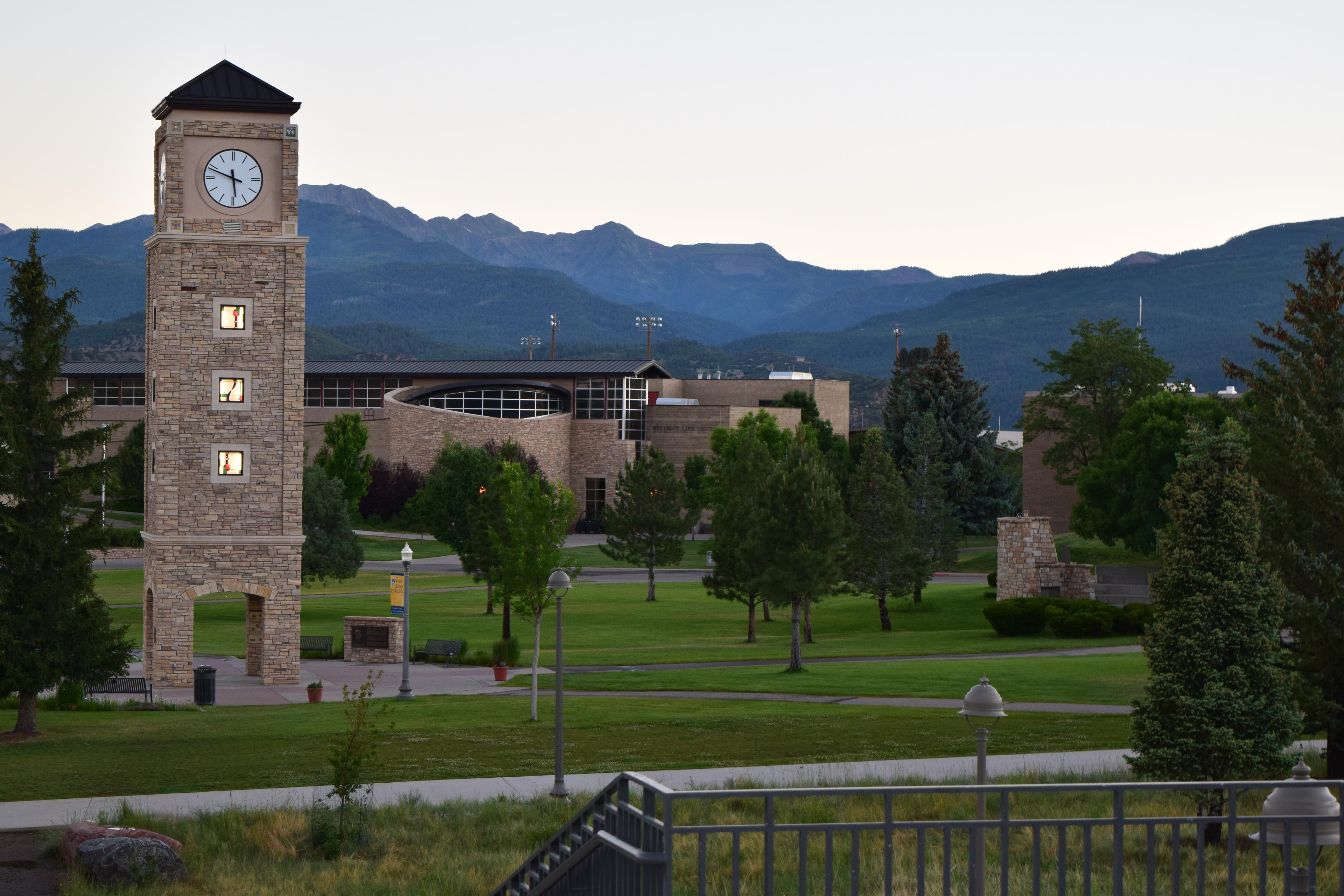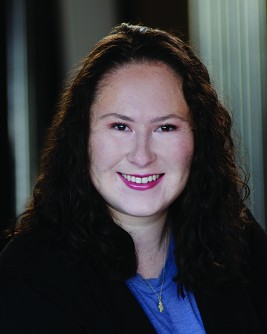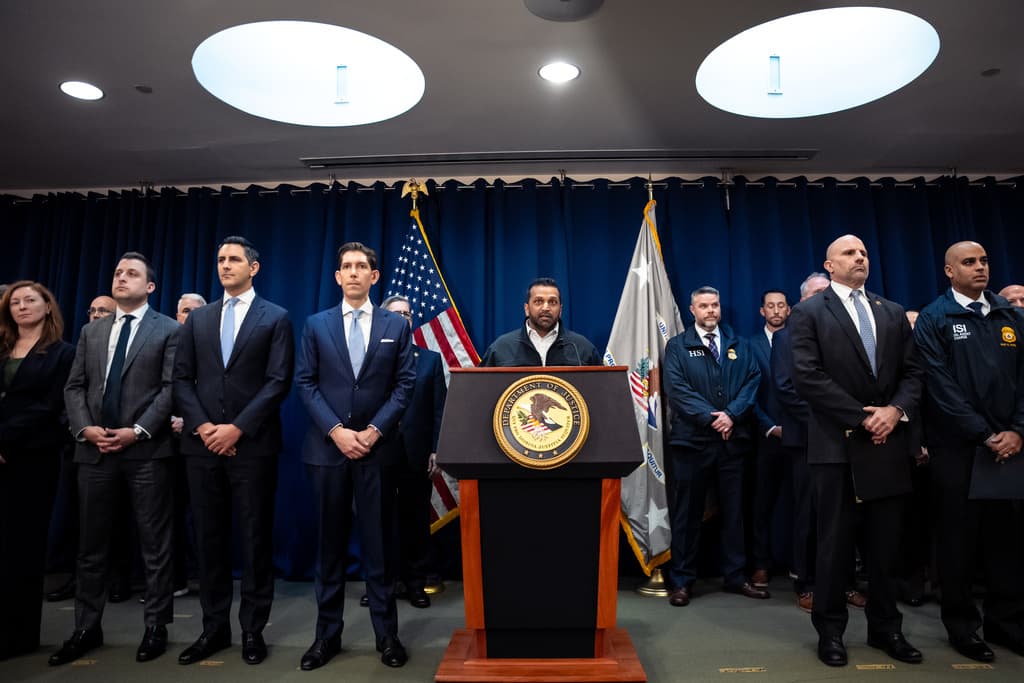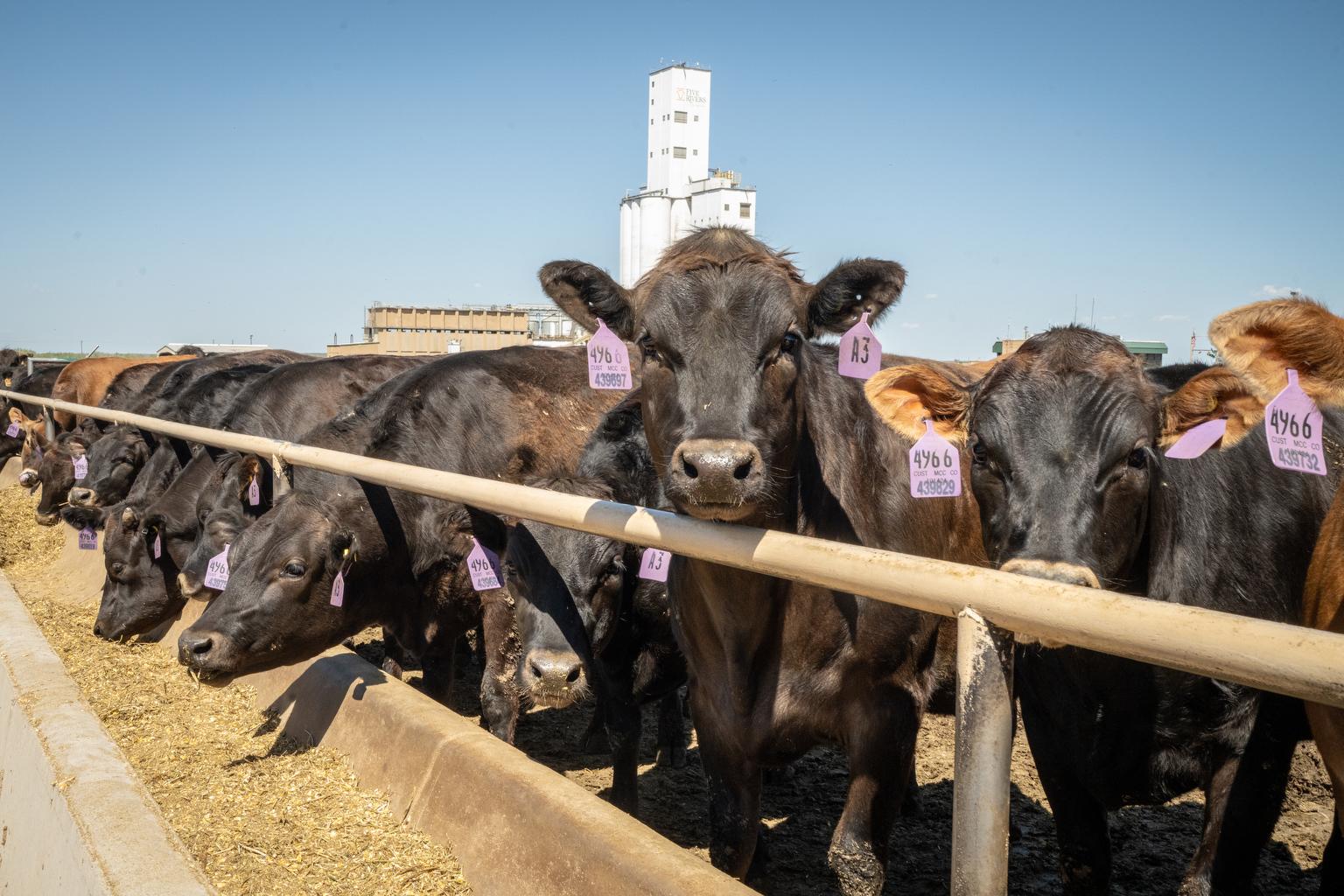

Undocumented college students in Colorado will soon be able to access state financial aid.
Governor Jared Polis signed a bill into law Monday to make the change. Under a 2013 law, some Colorado students without legal status could already get in-state tuition. HB19-1196 gives those students immediate access to apply for the $160 million dollars Colorado gives out in financial aid every year.
Currently, these students can get College Opportunity Fund dollars and help from their higher education institutions, but state aid has until now been unavailable to them.
Leslie Gallegos, 17, is a senior at Gateway High School in Aurora. She was accepted into Metropolitan State University's criminal justice program, but as a DACA student, she did not have access to state aid.
Gallegos said she planned to work two jobs to support her schooling. Her dad promised to work extra shifts to make up the difference.
With graduation so close, the new law doesn't help Gallegos this year. She said she hopes more scholarships will be available to her next school year. Mostly, she said she is happy her younger sisters, 7, 11 and 16 years old, will have more opportunities for college funding.
"This is huge just because I get to see them follow their dreams and achieve their goals," Gallegos said.
State higher education officials say this bill will particularly help Colorado’s small, rural institutions that lack the financial resources to supplement state financial aid.
There are some caveats: Students must have attended a Colorado high school for three years before graduating, they must be admitted to a participating college within 12 months of graduating and they must sign a document that says that are seeking or will seek legal status as soon as they’re eligible.
“We have a commitment to all of the students in the state of Colorado to ensure that all students have access to a high-quality postsecondary option,” said Angie Paccione executive director of the Colorado Department of Higher Education.
There are 1,350 undocumented students who have benefited from the in-state tuition change since 2013. Officials said those students’ families have paid taxes and contributed to the state economy.
“Those students who are our students should also have the pathway toward higher education,” she said. “We know that that’s going to impact our economy, it’s going to impact our communities.”
Paccione said those undocumented students educated in Colorado schools are all “one of our students.”
Several Republicans in the Colorado state legislature supported the bill as it wound its way through the Capitol. Paccione said some lawmaker sentiment that in previous years stood against the proposal was largely absent this year.
Opponents in the past have said that no state taxpayer funds should be available for the education of undocumented immigrants.
“Students who have been through all of our schooling and then we say, ‘You can go this far and no more,’” Paccione said. “What a travesty that would be to our state, to our state's economy, to our communities to have students who have great potential and great promise not be able to activate that potential of that promise.”









